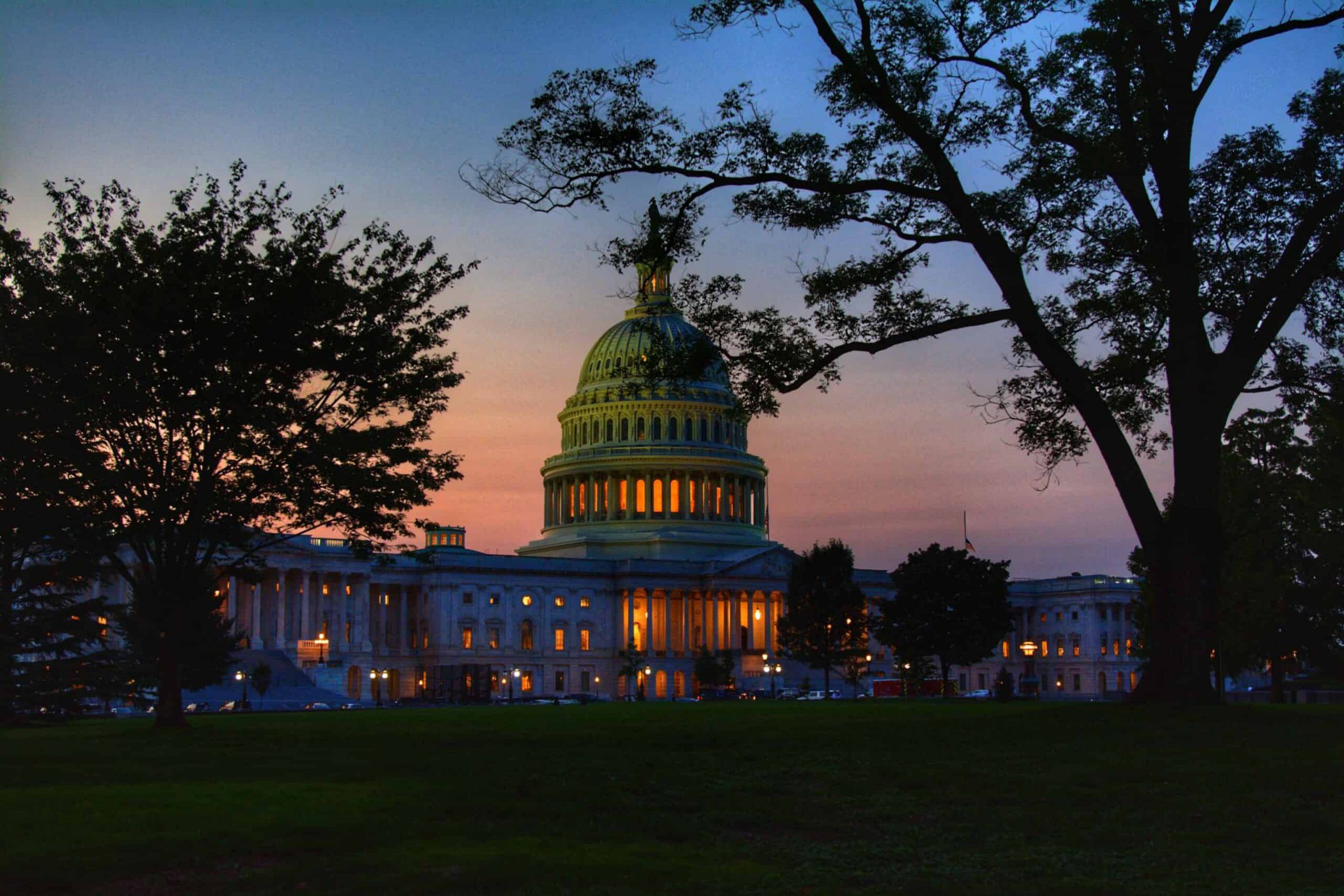
Otto Barenberg is a student at Harvard Law School and the Digital Director of OnLabor.
In today’s news and commentary, Biden’s NLRB nominees clear a key Senate hurdle; Hollywood unions ratify new contracts; and Greek workers push for paid heat leave.
On Thursday, the Senate’s Health, Education, Labor, and Pensions (HELP) Committee voted to advance President Biden’s two National Labor Relations Board (NLRB) nominees. In a party line vote (11-10), committee members backed NLRB Chair Lauren McFerran’s nomination for a second term, while concurrently endorsing Joshua Ditelberg’s nomination for the Board’s open Republican seat (18-3). If both nominees are confirmed by the entire Senate, Democrats will lock in a majority on the Board through 2026, regardless of the outcome of the presidential election.
But obstacles remain and time is running short. Senator Joe Manchin, an Independent, has indicated he will only support presidential nominees who can win Republican Senate votes—and Senator Lisa Murkowski, one of only two Republicans to back Democratic Board Member Gwynne Wilcox’s nomination last year, opposed McFerran’s renomination in committee. Without Manchin, McFerran would need unanimous support from the Democratic Senate caucus, along with Vice President Harris’s tie-breaking vote. In addition, with upcoming recesses in August and October and a jam-packed legislative calendar in September, the Senate’s pre-election bandwidth is highly limited.
Late last week, five Hollywood unions representing nearly 8,000 film crew workers ratified contracts with major studios, winning an across-the-board seven percent pay bump. While the collective bargaining agreements achieved wage hikes equivalent to those won by SAG-AFTRA members in their strike last year, some unions had hoped for more. Teamsters Local 399 had pushed for larger wage increases, staffing minimum guarantees, and a ban on driverless trucks—without success. The Teamsters have initiated a broader campaign to maintain jobs and road safety amid the rollout of autonomous vehicle technology. In February, a coalition of Teamsters and lawmakers introduced a bill in the California statehouse to require human operators for driverless trucks weighing more than 10,000 lbs. While Hollywood studios offered assurances that they do not plan to use autonomous vehicles anytime soon, they declined to make any contractual guarantees.
Amid increasingly sever summer heat waves, a coalition of Greek unions has initiated a campaign for paid heat leave—compulsory work stoppages, with pay, when temperatures hit dangerous levels. Gathered on boiling Athens sidewalks outside the Greek Ministry of Labor, delivery and construction workers protested the country’s inadequate heat safety regulations. Although the Ministry has called for temporary outdoor work stoppages when temperatures exceed 104°F (40°C), unions contend the measure’s weak enforcement mechanisms and inability to reach informal workers—workers who make up a substantial proportion of industries, like delivery and construction, with high heat exposure risks—has rendered it toothless.
High temperatures mark an increasingly salient workplace issue that has animated workers across the globe. Since 2000, heat-related workplace fatalities have increased 42 percent across the European Union, and heat-related injuries have risen 33 percent across the Americas. Nearly 75 percent of workers in Asia and 93 percent of workers in Africa face extreme heat. From Australia to Spain—from the Democratic Republic of the Congo to the United States—labor unions have launched heat protection campaigns with varying degrees of political success. Luke reported last month on the U.S. Department of Labor’s proposed rule requiring employers to take steps to mitigate workplace heat hazards, and in March on Phoenix’s heat protection ordinance.






Daily News & Commentary
Start your day with our roundup of the latest labor developments. See all
January 8
Pittsburg Post-Gazette announces closure in response to labor dispute, Texas AFT sues the state on First Amendment grounds, Baltimore approves its first project labor agreement, and the Board formally regains a quorum.
January 7
Wilcox requests en banc review at DC Circuit; 9th Circuit rules that ministry can consider sexual orientation in hiring decisions
January 5
Minor league hockey players strike and win new deal; Hochul endorses no tax on tips; Trump administration drops appeal concerning layoffs.
December 22
Worker-friendly legislation enacted in New York; UW Professor wins free speech case; Trucking company ordered to pay $23 million to Teamsters.
December 21
Argentine unions march against labor law reform; WNBA players vote to authorize a strike; and the NLRB prepares to clear its backlog.
December 19
Labor law professors file an amici curiae and the NLRB regains quorum.